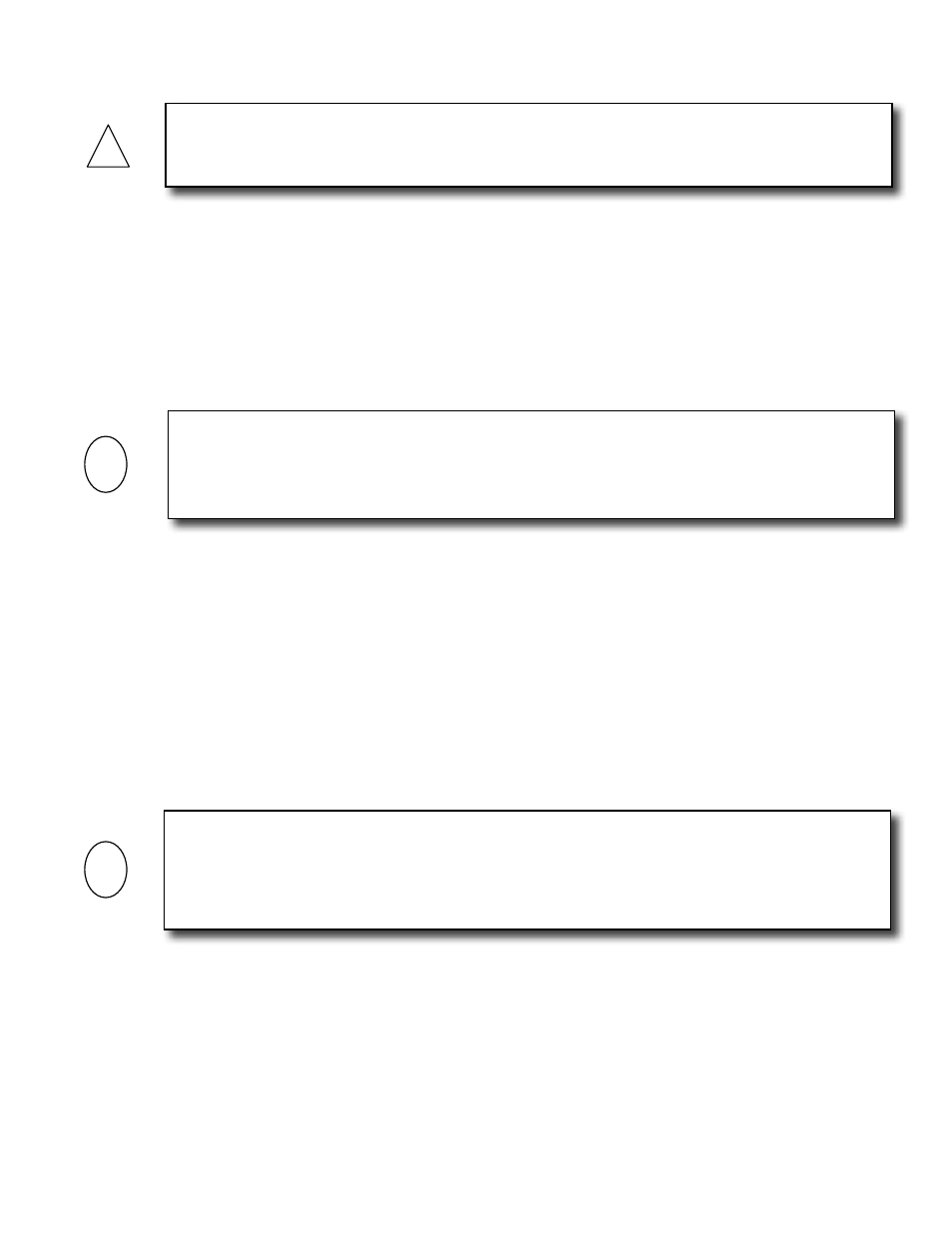ONICON System-10 BTU User Manual
Page 13

11451 Belcher Road South, Largo, FL 33773 • USA • Tel +1 (727) 447-6140 • Fax (727) 442-5699 • [email protected]
System-10 BTU Meter Manual 03/15 - 0651-16 / 18323
Page
13
Removal of the Hot Tap Thermowell
i
1)
System pressure will try to push the thermowell out of the flow stream when the
clamping nut is released. Be sure to establish safe footing prior to loosening the
clamping nut. The force pushing out against the thermowell is the same as the
insertion force calculated above.
2)
Grasp the wiring enclosure firmly, holding the thermowell in the pipe and then
loosen the position clamping nut. Slowly withdraw the thermowell from the pipe.
After the thermowell is completely withdrawn, carefully close the isolation valve.
3.2.3 Temperature Sensor Installation
The temperature sensors are factory matched and tagged by serial number to a specific Btu
meter. They are also labeled as SUPPLY and RETURN temperature sensors. Please consult
ONICON before attempting to use any other temperature sensor.
Apply a thin coat of thermal compound to the temperature sensor, and gently insert the
temperature sensor all the way into the thermowell until it contacts the bottom of the
cavity. Gently tighten the retainer nut. DO NOT OVER TIGHTEN. The thermowell
completely seals the plumbing system without the retainer nut. The only purpose for the
nut is to keep the sensor from losing contact with the bottom of the thermowell cavity.
i
!
WARNING
Maintain a firm hold on the wiring enclosure until the thermowell is completely withdrawn and
the valve is closed.
IMPORTANT NOTE
Rotating the thermowell as you slowly withdraw it through the valve will ensure that the lower
tip is fully withdrawn and completely free of the valve. If resistance is felt when closing the
valve, open valve fully and rotate the well as you pull it further out of the pipe.
IMPORTANT NOTE
Cable length is specified at time of order. Cable provided for temperature sensors is #22 gauge
twisted shielded pair. Additional cable may be added in the field if necessary, but must be of
twisted shielded pair construction. (#22 gauge minimum and #18 gauge maximum)
